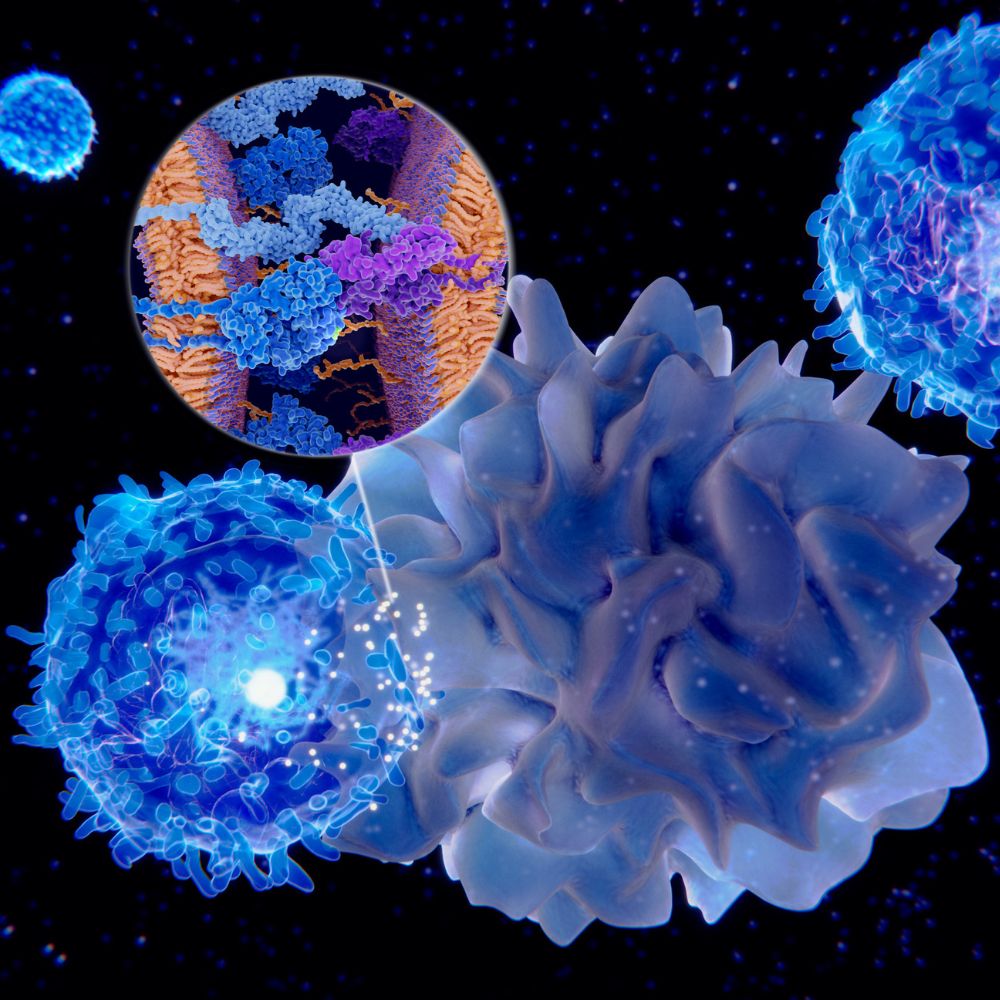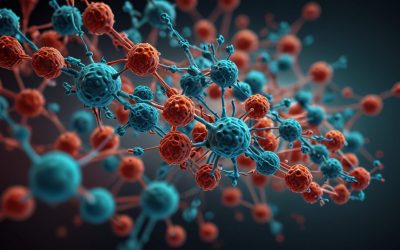Antigen presentation is how cells in our body communicate with the immune system to fight off harmful invaders. Understanding this process is important because it can help us prevent and treat serious illnesses like cancer. By knowing how antigen presentation works, we can strengthen our body’s natural defenses and stay healthy.
When our body encounters foreign substances, different parts of our body team up to recognize and activate the immune system. This includes antigens, receptors, molecules, and more. In this article, we will explore all aspects of antigen presentation, including the types of antigens and disorders related to it. We will also discuss ways to improve this important process for better health outcomes.
Overview of the Immune System
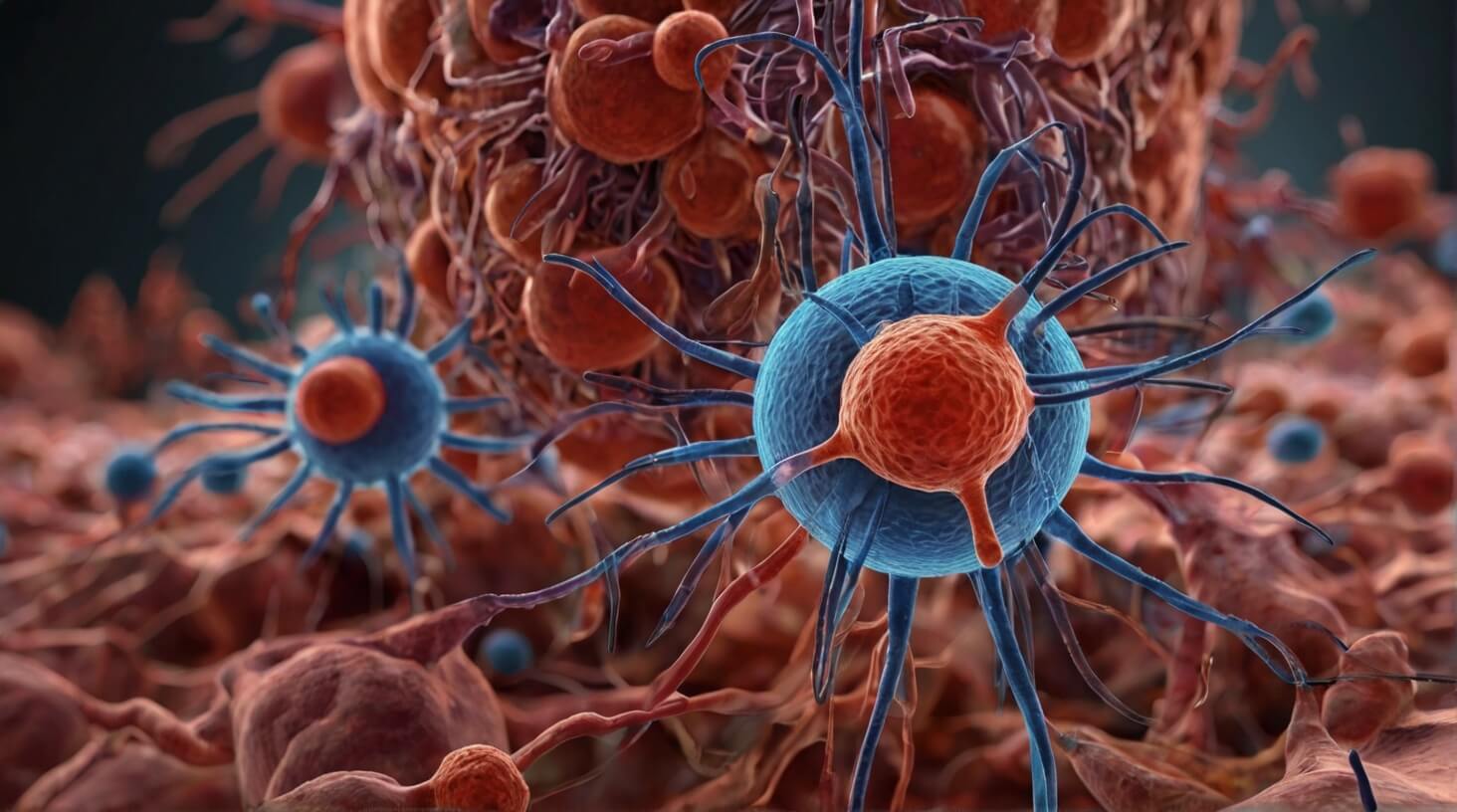
To understand antigen presentation, we need to know how the body defends itself. The immune system is a complex network of cells, tissues, and organs that protect us from harmful invaders like viruses and bacteria. It recognizes and eliminates these threats through an immune response. Communication between immune system components is important for an effective defense.
When some cells find antigens, they send out molecules called cytokines to let the body know there’s trouble. This makes the immune system do more white blood cells, creating antibodies, and activating special T-cells. These responses work together to keep us healthy by fighting off infections and diseases.
Cells communicate through cell signaling, allowing antigen presentation. During this process, proteins on cell surfaces present antigens to the immune system for quick recognition and action. This helps our bodies detect and respond to foreign invaders, protecting us from harm.
Role of Antigens in Immune System Activation
Understanding how our body defends against foreign threats is important for staying healthy. The immune system has special parts that can recognize bad things called antigens. These parts help the immune system know what is harmful and what is not. The immune system performs a process called antigen presentation. Antigens are molecules found in cells or viruses. When an antigen binds with a receptor, it activates T-cells, which can then target and destroy infected cells.
The immune system fights against infections by finding germs and how well they attach to special parts called receptors. If a germ changes how it looks, the immune system might not notice it. But when germs stick to the right receptors, it tells special cells called T-cells to start fighting the infection.
Some T-cells, called helper T-cells, send messages to bring more immune cells and make a strong attack against the germs. Other T-cells, called cytotoxic T-cells, find and destroy infected cells. There are also T-cells called regulatory T-cells that stop too much swelling and help with getting better. By understanding how germs stick to our cells’ parts, we can find and fight against them to stay healthy.
Types of Antigens
By knowing the different types of antigens, you can give your body strong tools to fight against sickness and trouble. The immune system reacts when it finds special molecules called antigens in the body. There are two main types of antigens: lipids/carbohydrates and proteins. Each type has its special shape and structure, and the immune system recognizes them in different ways. Sugars, fats, or sterols make up lipid and carbohydrate antigens. Peptides or polysaccharides make up protein antigens. The shape and makeup of each antigen help the immune system know how to recognize it. All germs like viruses and bacteria have antigens on their surface that show they are not part of our body. When the immune system recognizes these antigens, it knows to start a defense. That’s why our bodies need to be able to identify antigens so our defense system can work.
Process of Antigen Presentation
When our body senses a germ, it sends a message to the immune system to take action. This has two important steps: recognizing the germ and responding to it. Special cells in our body can spot the germs and send signals to other cells, like T-cells, to fight against them.
To make this happen, different cells in the immune system work together. Some cells can recognize the germs and show them to the T-cells. The T-cells get activated and help fight the detected specific germ.
For everything to work well, different parts of the immune system need to do their job. They need to recognize the germs and send signals to start the immune response. This helps our body get rid of germs and keeps us healthy.
Significance of Antigen Presentation
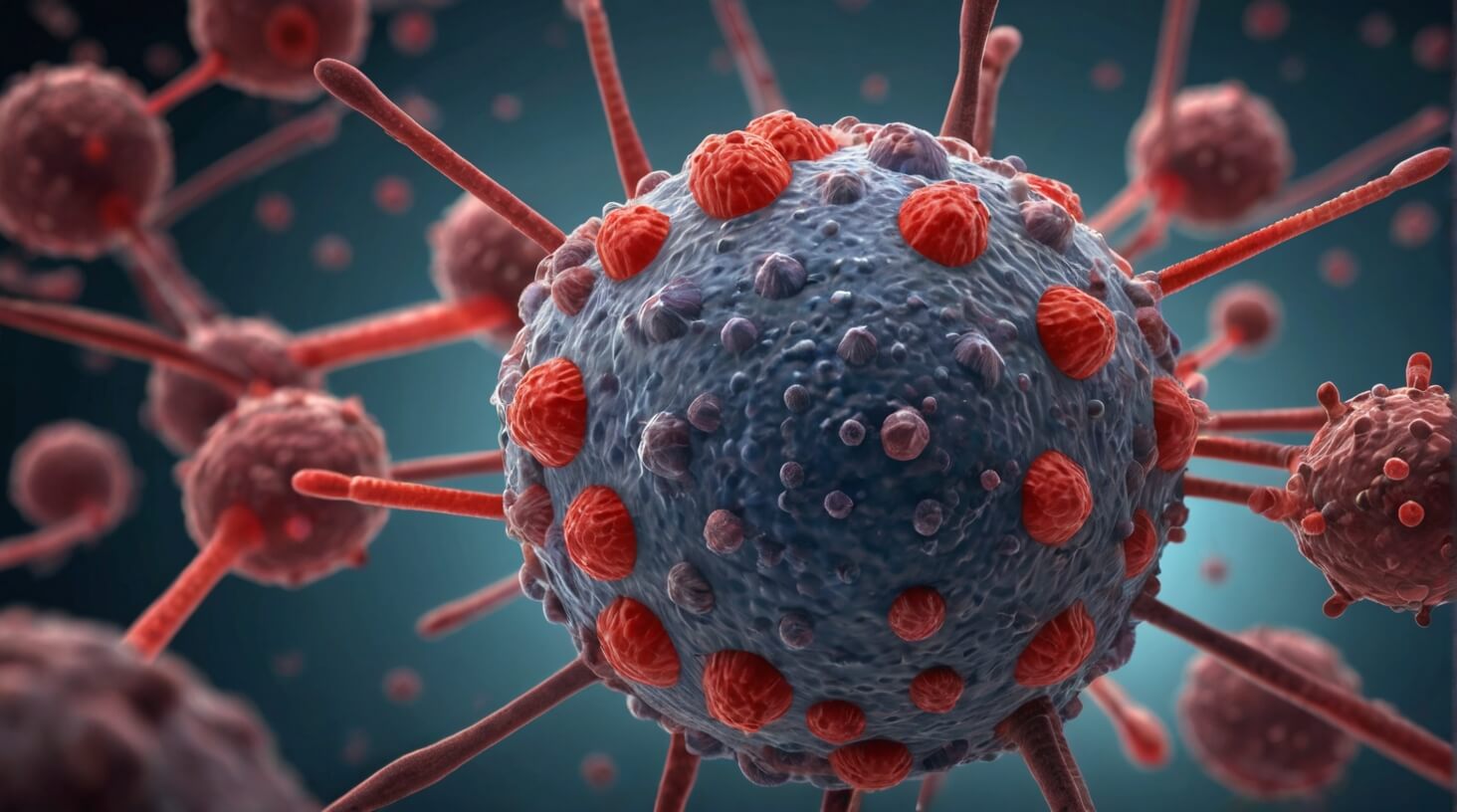
Antigen presentation is an important part of our body’s defense against illness. It helps our cells talk to the immune system and trigger a response when needed. This process is essential in both innate and adaptive immunity, which protects us from getting sick.
Innate Immunity:
In this type of immunity, special proteins called MHC molecules present antigens to cells called APCs. APCs then tell B and T cells about any foreign substances they find. This helps our body react faster by making antibodies or other molecules to fight off infection before we even show symptoms.
Adaptive Immunity:
In adaptive immunity, APCs take in larger pieces of foreign material like bacteria or viruses. They then show these antigens to B and T cells, which recognize them as foreign and start an immune response. This process also helps protect us from germs that can avoid the initial immune response by changing or hiding.
Antigen presentation is important for keeping us healthy and fighting off diseases. It helps our body recognize and respond to potential dangers. This process is necessary for both innate and adaptive immunity, which protects us from infections.
Disorders Related to Antigen Presentation
Disruptions in antigen presentation can cause different disorders that affect our health. When our immune system doesn’t recognize harmful antigens, it can lead to diseases like lupus and rheumatoid arthritis. These happen when the immune system overreacts to our own body. But, if antigen presentation doesn’t work well, it can make us more vulnerable to chronic infections. To diagnose and treat these problems, it’s important to get the right diagnosis and follow the right treatment plan.
Cells play an important role in diagnosing diseases and protecting our bodies. They present antigens on their surface to show if there are harmful things like viruses or bacteria. This helps our bodies fight against these threats and keeps us safe. But sometimes, problems happen in this process and it can affect our health. Many treatments exist to fix these problems and help our cells communicate better with our immune system. Doctors and patients need to know about these problems and take action to prevent or treat them when needed.
Enhancing Antigen Presentation
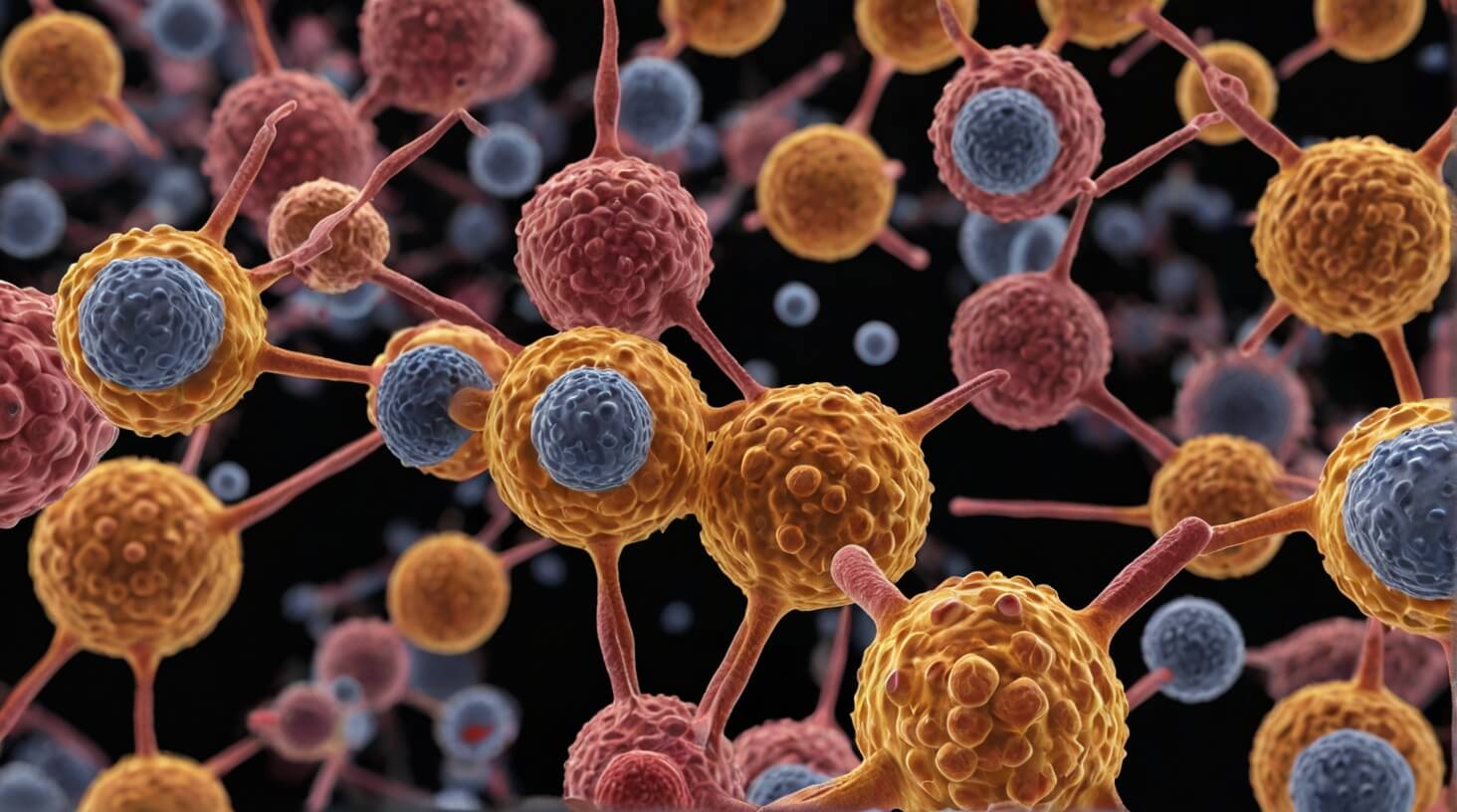
You can help your body defend itself better by improving its ability to recognize and respond to antigens. This is enhancing antigen presentation. There are different ways to do this, like:
- Increasing the number of immune cells that interact with antigens.
- Making antigens easier for the immune system to recognize.
- Boosting the response of the body’s defense system to antigens.
By doing these things, you can strengthen your immune response. You can achieve this by getting enough sleep, exercising, and taking supplements like vitamin C or probiotics. It’s possible to use special antibodies to help the immune system recognize antigens easier. This can direct the antigens to specific white blood cells, like macrophages or T-cells. Another way is to enhance the innate immune system’s response so that white blood cells can better recognize and fight against germs.
Enhancing antigen presentation is important for staying healthy and preventing diseases. It’s good to learn about these techniques so you can make better choices for your health. With this knowledge, you can have stronger protection against germs while enjoying the benefits of a strong immune system.
Frequent-Asked Questions
How can I boost my immune system response to antigens?
You can boost your immune system’s response to antigens by changing your diet and taking the right supplements. An “immune diet” means eating lots of healthy foods like fruits, vegetables, seafood, nuts, and legumes. You can take zinc and vitamin C supplements to help your body’s antigen receptors work better. These receptors are important for recognizing foreign things and starting an immune response. With good nutrition and the right supplements, your body can do a better job of recognizing and responding to antigens.
What are the most common disorders related to antigen presentation?
It may surprise you to know that the most common disorders related to antigen presentation are autoimmune diseases. These happen when the immune system becomes too active and starts attacking healthy cells instead of antigens. Researchers have identified more than 80 different autoimmune diseases. To stop these diseases from getting worse, it’s important to keep our immune system balanced with the rest of our body.
What are the long-term effects of antigen presentation?
How our body deals with antigens can have both good and bad effects. Our immune system recognizing antigens as harmless helps prevent autoimmune diseases. But, if antigens are not recognized, it can lead to long-lasting inflammation and damage to our body’s tissues. That’s why it’s important to make sure antigens are present to keep a balanced immune response and avoid harmful reactions.
Are there any lifestyle changes I can make to improve antigen presentation?
You can make amazing improvements to how your body presents antigens by taking control of your lifestyle! Start by eating a wide range of foods that boost your immune system and avoid triggers like smoking and alcohol. You can improve how your body presents antigens by taking vitamins and minerals that support your immune system, like vitamin D or zinc. Antigen presentation helps cells and the immune system communicates, so it’s a good idea to protect yourself from dangers.
How does antigen presentation differ in different age groups?
As we get older, our bodies may change in how they present antigens. This happens because our immune system changes with age, and this can affect how we respond to antigens. Genetic factors play a part in presenting antigens, and some gene variants are more common in older people. These differences in antigen presentation can impact our health. Even if we can’t change how our bodies show antigens, it’s still important to know about these differences and how they can affect our health.
You’ve now learned about the importance of antigen presentation and how it works. Antigen presentation is a crucial part of the immune system’s ability to protect us from disease. Without it, our bodies would be vulnerable to infection and illness. It’s great that cells have been able to evolve this sophisticated way of communicating with the immune system for millions of years. Nowadays, scientists are looking for ways to boost antigen presentation so that we can stay healthy in an ever-changing world!

